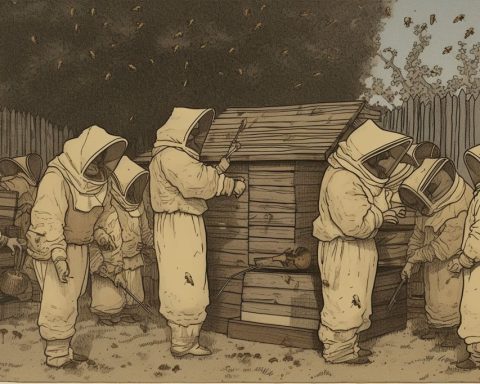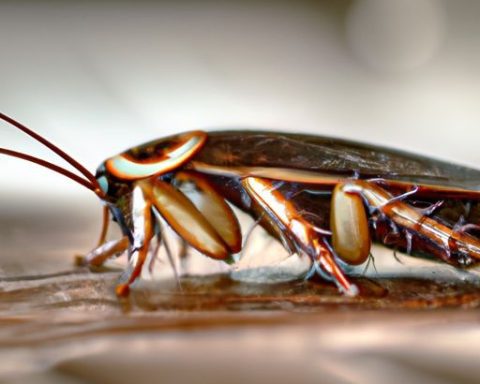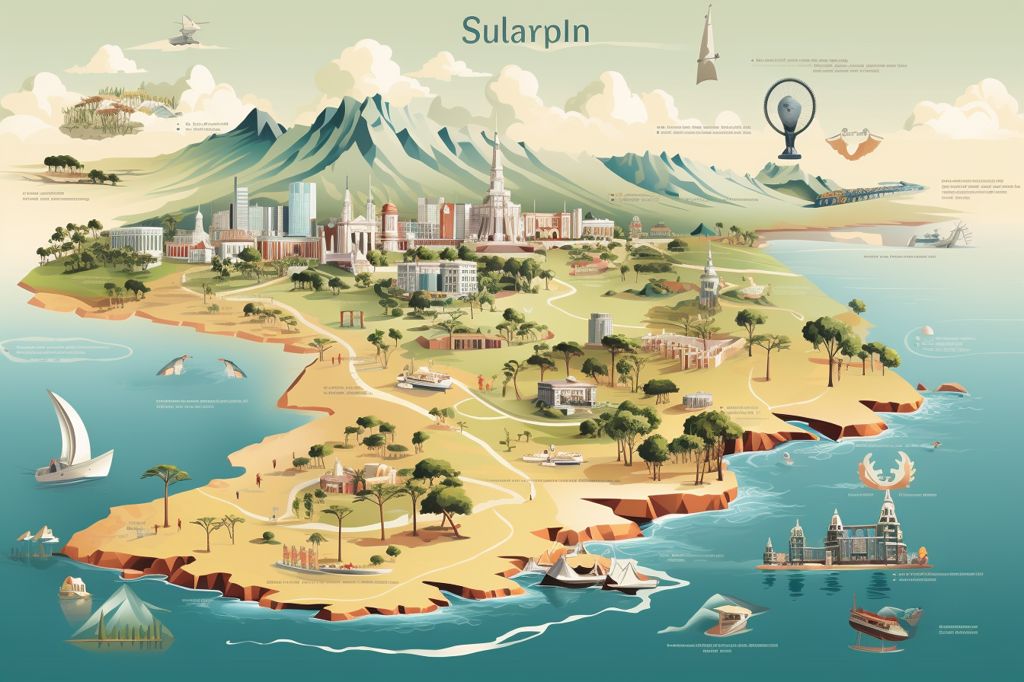In the town of Paarl, South Africa, around 200 women, mostly farmworkers, gathered to protest against Bayer, a European company. They demanded that the company stops exporting banned pesticides to South Africa. These women belonged to the Women on Farms Project (WFP), an organization that supports female farmworkers and farm dwellers in the Western Cape.
A Passionate Plea Against Double Standards
The women marched with placards that read “Bayer, your pesticides are deadly” and “End double standards.” They made their way to the main office of Bayer, a German pharmaceutical and biotechnology company, where they handed over a memorandum with their demands.
The memorandum highlighted 54 pesticide products that are banned in the European Union but still sold and used in South Africa. The WFP labor program organizer, Katrina Claasen, pointed out that female farmworkers who work with crops sprayed with these pesticides complain of asthma, sinus problems, and skin irritation. She also mentioned that male farmworkers in Rawsonville handle pesticides without protective gear. Claasen emphasized the responsibility of farmers to provide medical assistance for workers who get exposed to pesticides.
Personal Experience with the Effects of Pesticide Exposure
Mercia Adams, a former farmworker, shared her experience with the effects of pesticide exposure. Her 13-year-old daughter and mother suffer from respiratory issues due to years of spraying pesticides in the vineyards. Adams regretted that farmworkers are expected to work without protection.
A Call for Action
Colette Solomon, the WFP director, explained that their research in 2017 revealed the extent of pesticide exposure among farmworkers and dwellers. As a result, the organization urged the South African government in 2019 to ban 67 pesticides that are already prohibited in the EU. Last year, women marched in Worcester for the same cause. In September 2022, the Department of Agriculture, Land Reform, and Rural Development announced its plan to phase out certain pesticides and impose a complete ban by June 2024.
Solomon pointed out that European governments should be held accountable for overseeing the production and export of pesticide products by companies within their borders. She questioned the morality of selling harmful and dangerous products in South Africa that are already banned in the European Union.
A Company’s Silence
Bayer has not responded to GroundUp’s request for comment on this issue. Meanwhile, South African women continue to fight for fair standards in pesticide exports, aware of the impact on the lives of farmworkers and their families.











